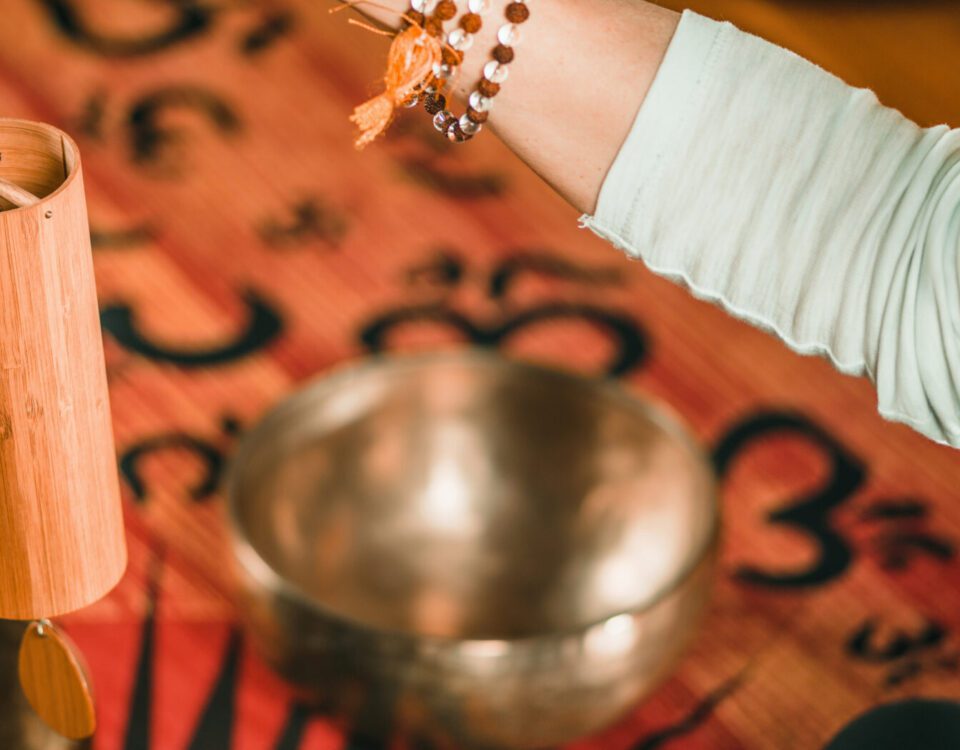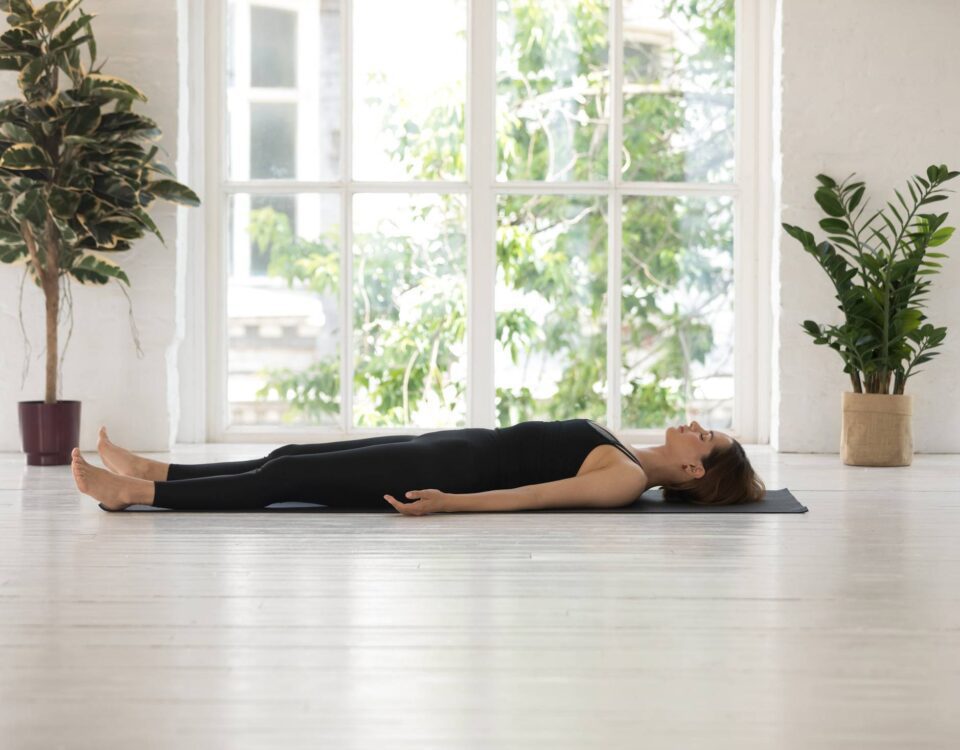Meditation, a practice that is becoming increasingly popular, takes on its full meaning in our hyper-connected society, which no longer allows time to concentrate on our own well-being. Letting go, relaxing, calming the body and mind are concepts that are sometimes difficult to achieve because of our hectic pace of life.
Meditation is a highly effective technique for regaining inner calm and learning to manage stress more effectively. A real breath of fresh air in our fast-paced daily lives, meditation takes just a few minutes and its benefits can be felt for hours.
Who are meditation sessions for?
The meditation practice is suitable and open to everyone. Whether you want to start a meditation practice or revitalise it, whether you're a beginner or an experienced practitioner, you're welcome. No prior knowledge is necessary to take part in these sessions.
Meditation is particularly suitable for people with anxiety, who tend to stress easily and over-react in uncomfortable situations. Meditation can help them regain a sense of serenity and calm their minds.
Discovering meditation will also be beneficial for those who have been through a difficult period (bereavement, illness, burn-out, etc.) and are looking to rediscover positive feelings in their lives. It is also very appropriate if you are experiencing conflicts in your interactions with others or with yourself. If you are suffering from an illness or chronic pain. Or if you simply feel like settling down, centring yourself and stimulating your inspiration.
Everyone will find their own benefits in the practice of meditation: freeing the mind, living in complete harmony with the mind and body, finding serenity, boosting concentration, efficiency and creativity.
What can we learn from these courses?
During the practice, you will learn simple, accessible techniques that can be easily reproduced in your everyday life. There are many different meditation techniques. Here, you will be guided towards Vipassana meditation and the MBSR mindfulness approach.
Vipassana is an ancient meditation originating in India and practised by Buddhist monks, but it can be adopted without any connection to the Buddhist approach. During the session, the aim is to focus on the present moment. This allows you to refocus on your inner self, to concentrate on your sensations, emotions and thoughts. This practice helps to relieve tension and transform negative thoughts.
Mindfulness meditation (MBSR) consists of welcoming the present moment without value judgement. Rather than judging our emotions, sensations and thoughts, mindfulness suggests observing and accepting them as they arise. This practice can then be applied to everyday life. By learning our reaction patterns, the trials of everyday life seem less insurmountable.
The state of mindfulness can be defined as being open to the world, both internally (feelings, awareness, motivations) and externally (our environment, the events that occur, the things that surround us).
During Meditation sessions, we also sometimes practise Pranayamas. The term 'Pranayama' refers to a series of breathing exercises, fundamental to the practice of yoga, specially designed to meet the needs of the body and keep it healthy. Their main purpose is to calm the thought process, which is particularly useful before sitting down to meditate. The breath is an integral part of the path to relaxation.
What are the benefits of meditation?
To begin with, it is important to learn how to meditate. Once the right meditation techniques have been adopted, regular practice can become part of everyday life. A few minutes a day is enough. On a cushion, a chair or a yoga mat. On the train, in the office, at home. With relaxation music or not. Meditation can be practised anywhere, whenever you feel the need. The beneficial effects of meditation will soon change your life.
People who practise meditation regularly can testify to this. Meditation helps to combat stress, restore inner peace and mental calm, and achieve serenity.
Meditation also teaches you to manage your breathing. A well-controlled breath can, in any situation, bring us back to the present moment, to the here and now. It calms the mind and helps reduce stress.
Day by day, meditation is becoming a way of life and is applied to many aspects of the daily lives of its practitioners.






